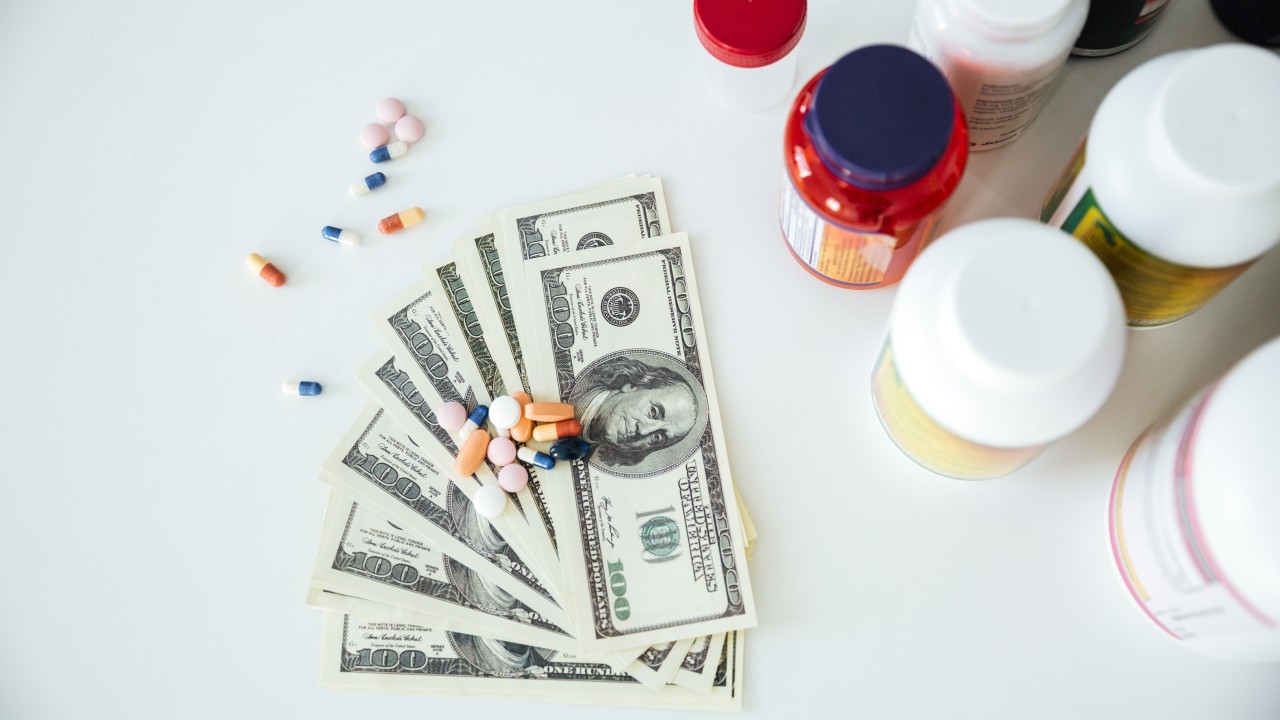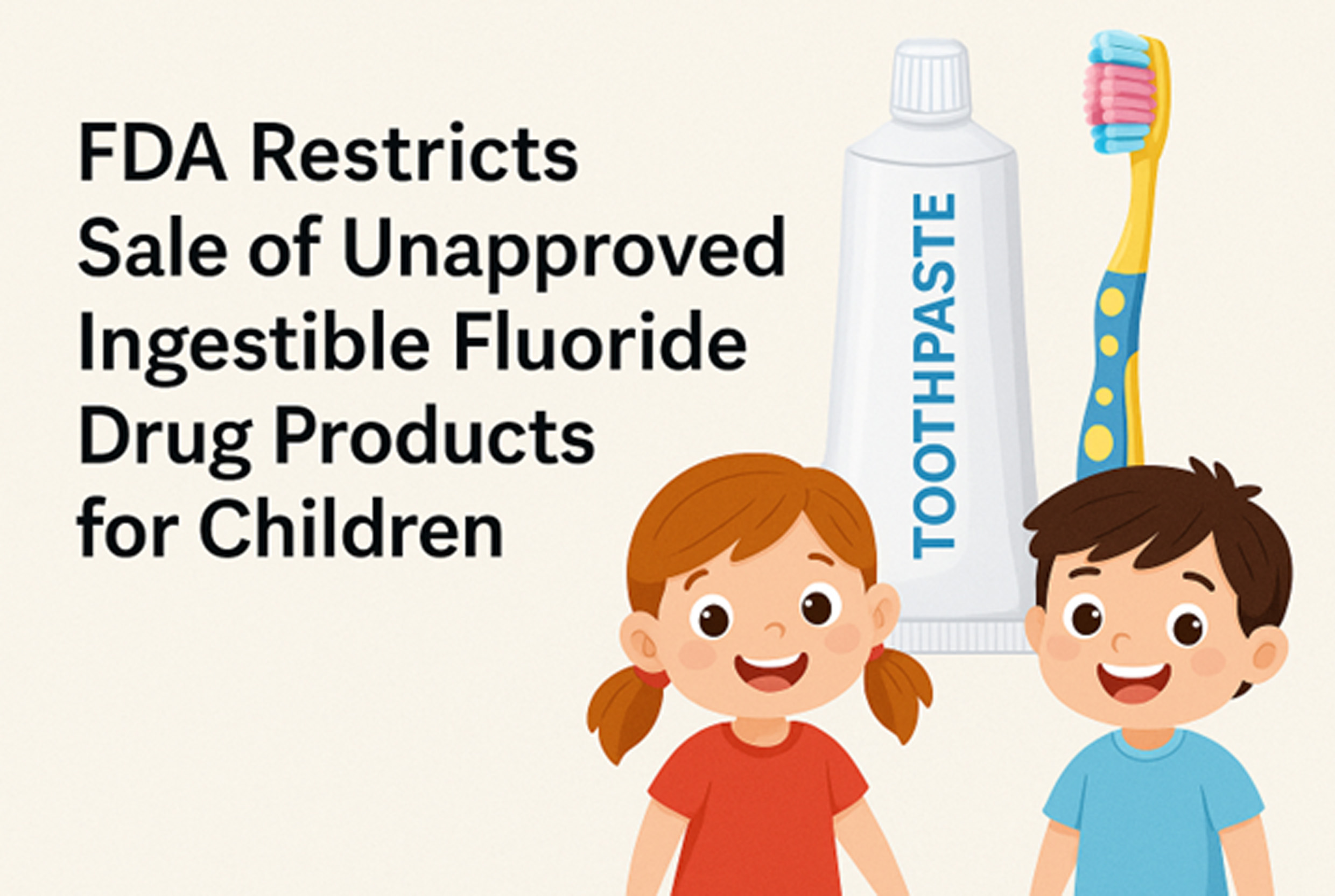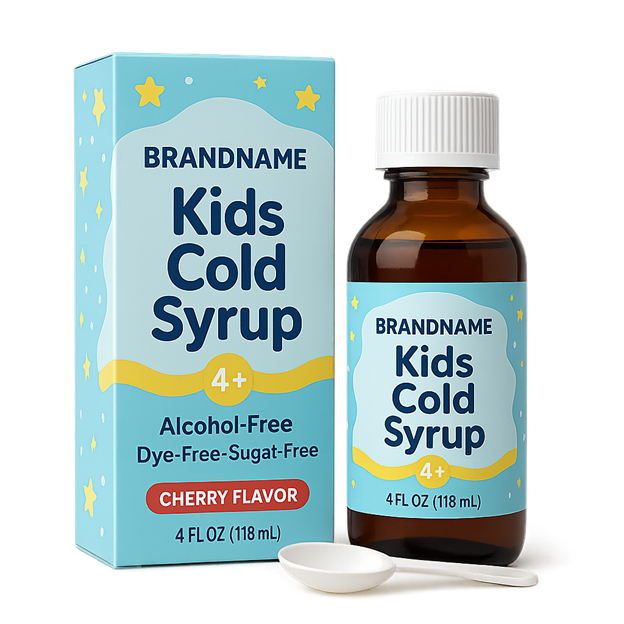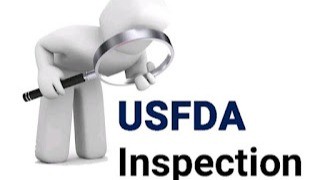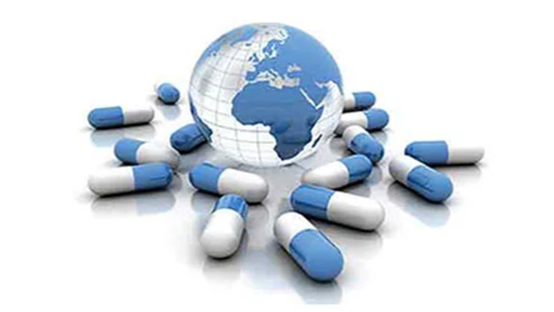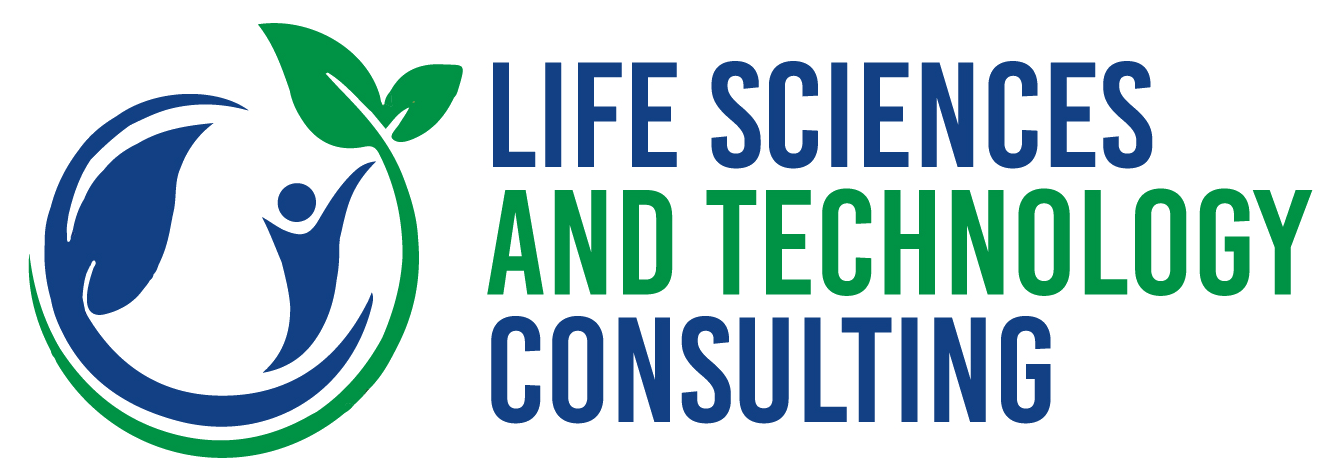A new report commissioned by the U.S. pharmaceutical trade group warns that a proposed 25% tariff on pharmaceutical imports could increase U.S. drug costs by nearly $51 billion each year, potentially raising drug prices by up to 12.9%.
The analysis by Ernst & Young highlights that the U.S. imported $203 billion in pharmaceutical products in 2023, with most coming from Europe specifically Ireland, Germany, and Switzerland. Meanwhile, U.S. pharmaceutical sales totaled $393 billion that year.
Industry leaders are pushing back, concerned that sudden tariffs would not only spike costs but also disrupt efforts to expand U.S. manufacturing. Companies like Roche are already seeking exemptions, emphasizing the importance of balancing imports and U.S. based production.
The report also warns that tariffs on pharmaceutical ingredients about 30% of imports could increase domestic production costs by 4.1%, putting U.S. exports and roughly 490,000 jobs at risk.
The move comes as the Trump administration investigates the security risks of foreign drug reliance. While tariffs aim to encourage domestic manufacturing, they also introduce risks of higher prices, supply chain instability, and reduced global competitiveness for U.S. made medicines.
Pharmaceutical companies need to prepare now, reviewing supply chains, pricing strategies, and policy advocacy efforts, to navigate the potential impact of these proposed tariffs.
Are you preparing your supply chain, compliance approach, and market strategy to navigate the potential impact of these tariffs? Let’s Talk!

